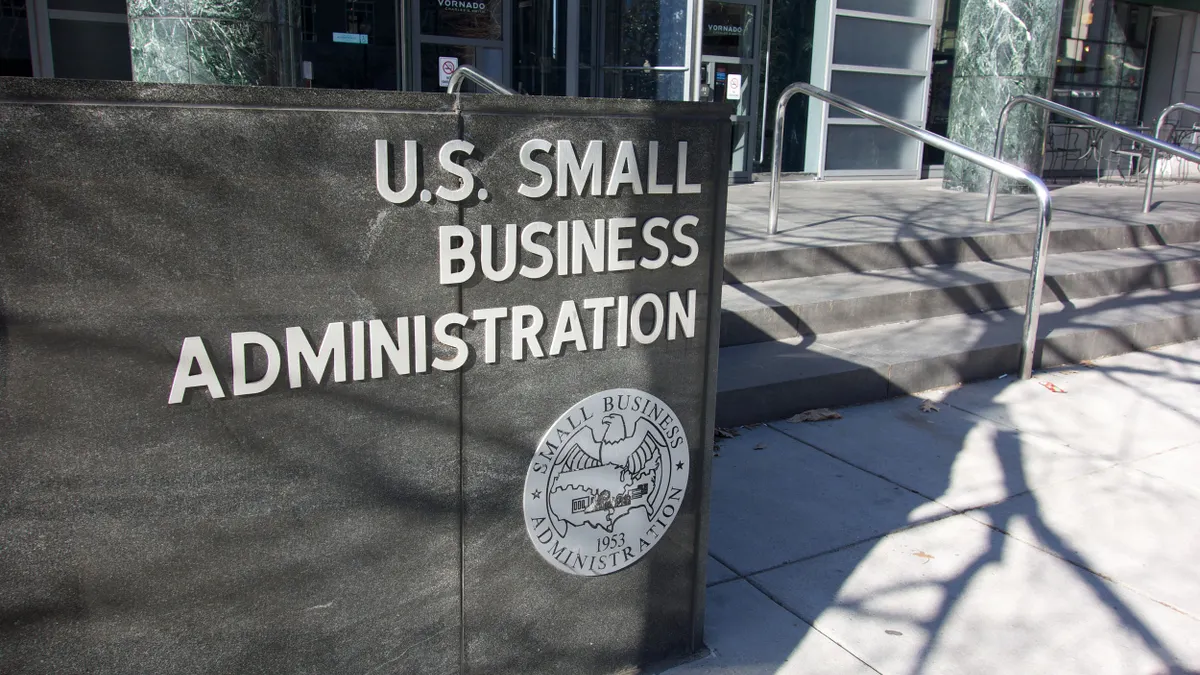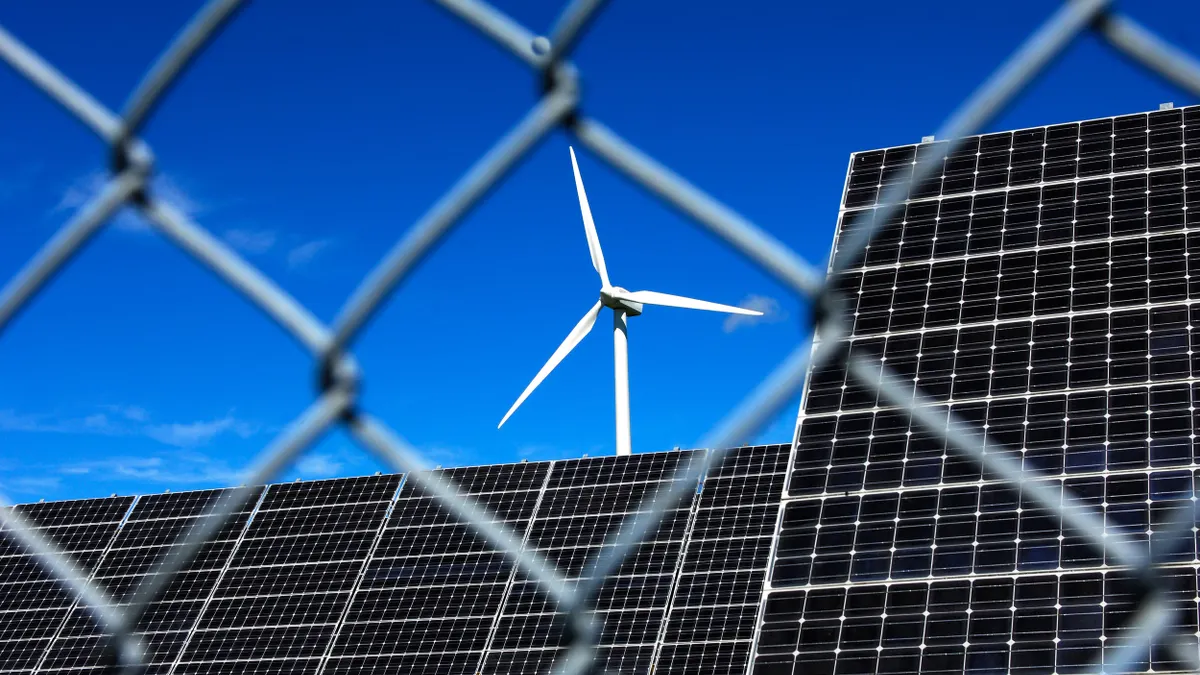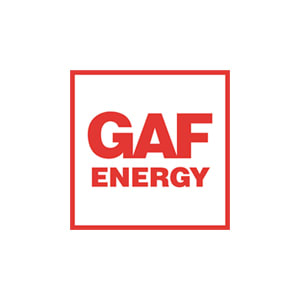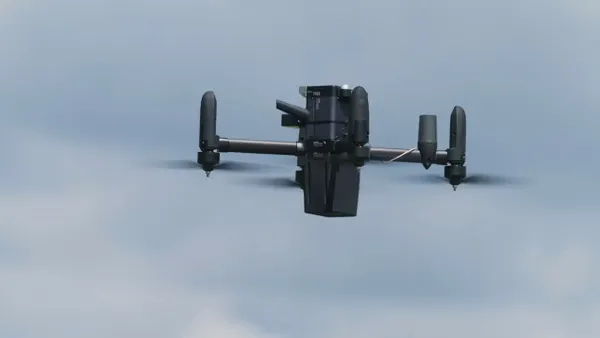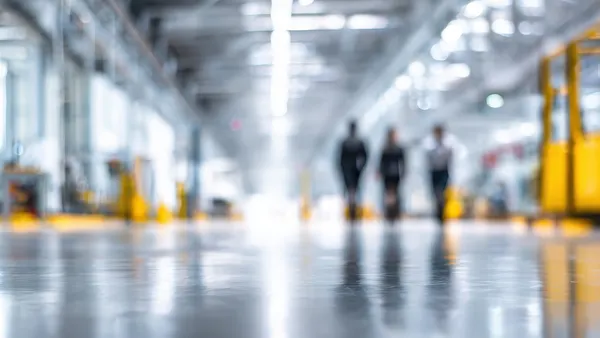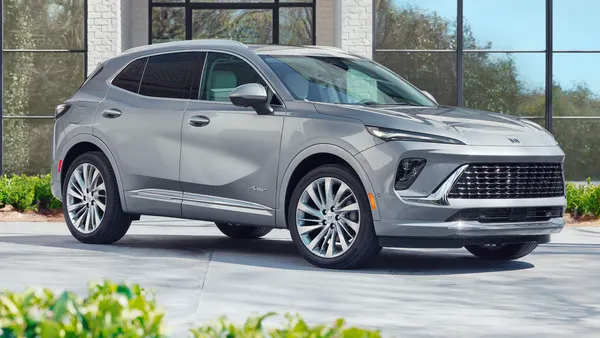WASHINGTON — AstraZeneca, the U.K.’s third biggest company by market value, is making itself a bit more American.
On Monday, AstraZeneca CEO Pascal Soriot joined Virginia Governor Glenn Youngkin in Washington D.C. to sign an agreement on the company’s plans to spend $4 billion building a new drug factory in the state. The investment is AstraZeneca’s largest for a single site, and a portion of $50 billion it says it will spend on manufacturing and R&D in the country between now and 2030.
By that time, AstraZeneca aims to make $80 billion in annual revenue, half of which it expects will be generated in the U.S. The company is also reportedly weighing moving its principal stock listing from London’s exchange to the U.S.
“We are very focused on our commitment to the United States,” said Soriot. “The great majority of our portfolio of new products originates out of our research and development here in the United States.”
“To great extent, we are American,” he added.
In addition to the newly announced site in Virginia, AstraZeneca is building an R&D center in Cambridge, Massachusetts; cell therapy facilities in Maryland and California; and expanding in Maryland, Indiana and Texas.
AstraZeneca is also including its spending on U.S. drug R&D in its $50 billion target for the next five years. The company did not break out in its statement an accounting of spending by project.
Soriot announced his company’s newest U.S. commitment as the Trump administration weighs imposing heavy tariffs on pharmaceuticals imported into the U.S. In response, many of AstraZeneca’s peers have made similar investment declarations, of various size, as the industry works to shift branded drug production to the U.S.
Soriot said that, while the prospect of tariffs can accelerate decisions on investment in research and manufacturing, AstraZeneca would have expanded in the U.S. regardless.
“We understand the need for a country like the U.S. to see medicines serving patients in this country manufactured in this country,” Soriot added. “It’s a question about national security.”
The U.S. Commerce Department is currently conducting an investigation into pharmaceuticals and that same question, with tariffs the expected result. Reports have indicated an announcement could be coming this month, and President Trump has hinted duties could be up to 200%, but phased in over time.
“For decades Americans have been reliant on foreign supply of key pharmaceutical products,” Commerce Secretary Howard Lutnick said in AstraZeneca’s statement. “President Trump and our nation’s new tariff policies are focused on ending this structural weakness.”
Trump also issued an order directing his administration to come up with a “most favored nation” policy, whereby the prices paid for drugs by the U.S. are no more than those charged abroad. While it’s not clear what mechanism the White House could pursue to enforce the policy without Congress enacting a new law, drugmakers are considering how they might work with the administration.
Pharma companies are also seizing on Trump’s argument that other countries should pay more. “The U.S. cannot alone carry the cost of R&D for the entire world,” Soriot said Monday.
AstraZeneca’s announcement of its $4 billion investment in Virginia was born out of a meeting between Soriot and Youngkin at the former’s London offices in mid-June. Soriot called it the fastest investment deal negotiation his company has ever completed.
Once operational, the plant will produce the “drug substance” in some of AstraZeneca’s newest medicines, including an oral GLP-1 treatment for weight loss, an oral cholesterol-lowering therapy and the blood pressure drug baxdrostat. All three programs are currently in clinical testing and not approved.
While the plant’s site is not yet finalized, Youngkin said at Monday’s event that Virginia has several “shovel-ready” locations. The facility will employ several hundred staff when complete.





